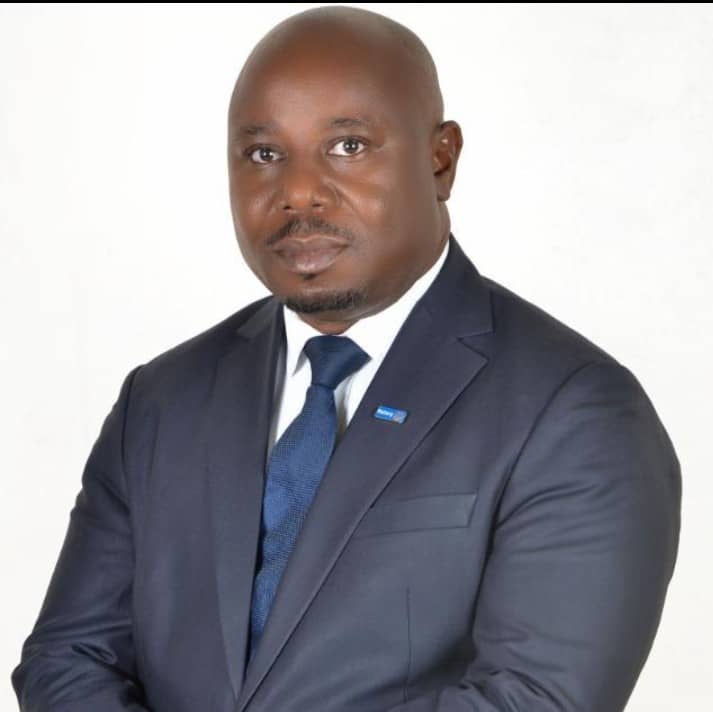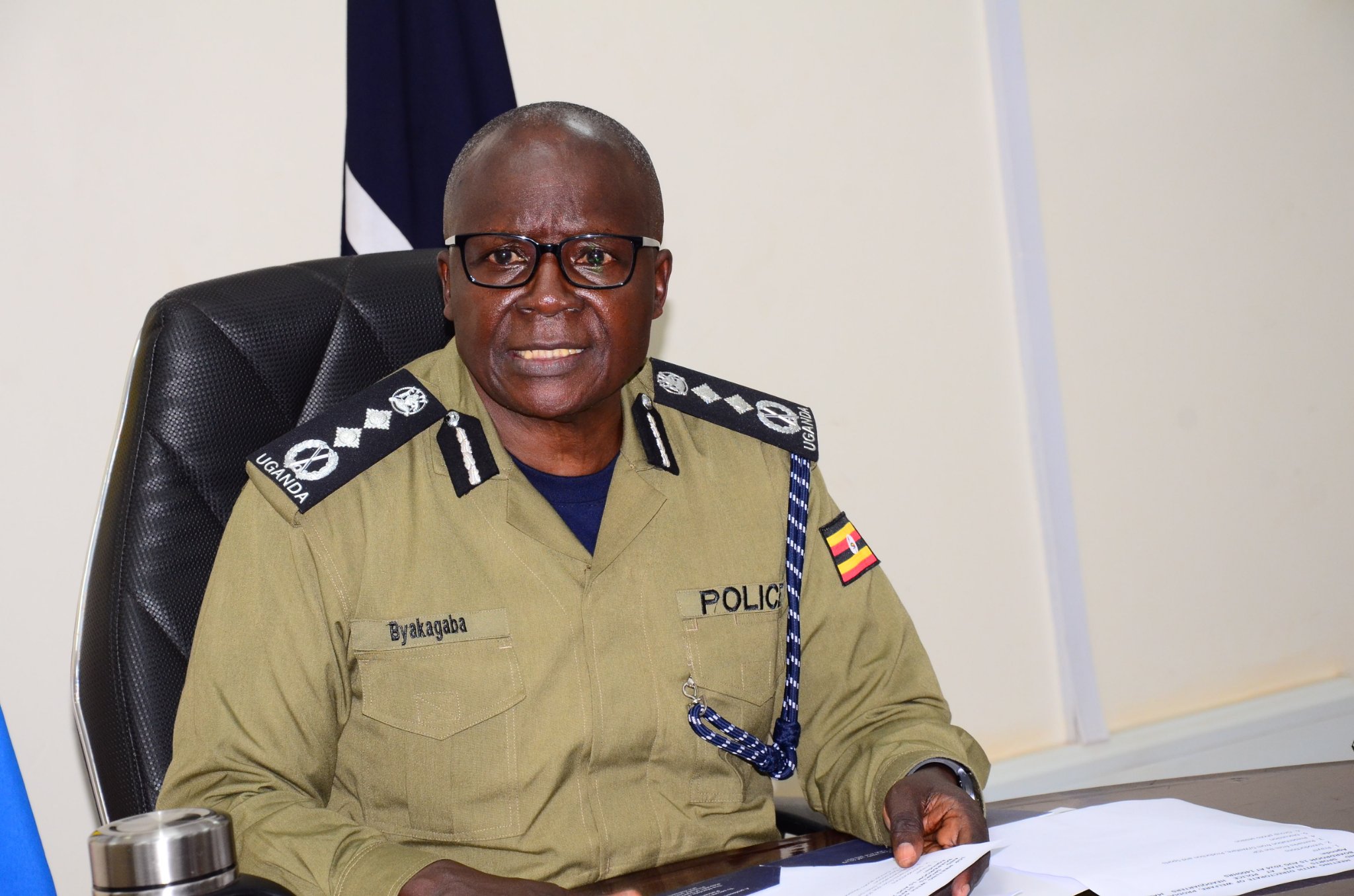In a bid to enhance education standards and examination performances, the Jinja City education department is set to organize UNEB-like mock examinations for all its schools in the city.
According to Jinja City Education Officer (CEO) Paul Baliraine Mugaju, the standardized examinations will be a microcosm of the Primary Leaving Examinations (PLE) and will be rolled out to other parts of Busoga, a region that has historically been a hub for education excellence.
What are Mock Examinations?
Mock examinations are practice tests or exams that mimic the format, content, and structure of actual standardized tests or assessments.
They are designed to prepare students for the real examination, helping them to familiarize themselves with the exam format, identify areas of strength and weakness, and build confidence.
Purpose of Mock Examinations
The primary purpose of mock examinations is to:
Assess student readiness: Mock examinations help teachers and students assess their preparedness for the actual examination, identifying areas that need improvement.
Identify knowledge gaps: By simulating the actual exam experience, mock examinations help students identify knowledge gaps and areas where they need to focus their studies.
Build confidence: Mock exams can help reduce anxiety and build confidence in students, as they become more familiar with the exam format and content.
Improve performance: By identifying areas of weakness and providing targeted support, mock exams can ultimately help improve student performance in the actual examination.
A Step Towards Excellence.
Speaking exclusively to Watchdog Uganda’s newsman Nelly Otto, Baliraine explained that the forthcoming mock examinations, scheduled for the last week of the second term, will be a significant step towards improving education standards in Jinja City.
“…we shall get our own teachers to set the examinations, external promoters, a firm to print, distributors, invigilators, and supervisors, as well as a central marking center at an agreed venue…,” he said.
According to the CEO,the entire exercise will be funded by the Jinja City Council.
Focus on Competencies
As a department charged with the task of producing products that can competently live in society and fend for themselves, Paul Baliraine emphasized that their focus is on subject and language competencies.
“…We have collectively registered a lot of success stories in terms of harmony, close collaboration with headteachers and teachers, as well as other stakeholders,” he said.
He says the department has held various meetings, retreats, and seminars to brainstorm on issues and suggest solutions in line with the Ministry of Education and Sports policies.
Improved Teacher Preparedness
One notable achievement is the improvement in teacher preparedness. Unlike in past years when teachers entered classrooms unprepared, all teachers in Jinja City now make scheme of work and lesson plans for at least 12 weeks, equivalent to one term.
This move is expected to significantly improve the quality of education in the city.
Targets Set for Improvement
As Linda darling Hammond a celebrated American academic and education expert said, “…Teachers who are enthusiastic about what they teach and who care about the welfare of their students can inspire students to become enthusiastic about learning…”, Baliraine revealed that all headteachers have unanimously set individual targets for their schools to ensure improved PLE performances this year.
“…we envisage a Jinja City that will return to hit headlines in media channels as one of the academic powerhouses in the country…,” he said.
The department, he adds, has also noted a significant increase in enrollment in most schools, attributed to the renewed energy and motivation among headteachers and teachers.
Challenges Overcome.
The CEO acknowledged that teachers and headteachers had previously faced intimidation and threats from some unnamed bosses at City Hall, leading to early retirements.
However, constructive engagements with headteachers have emphasized the need for professionals to work together, and this trend has since changed.
Call to Action
Baliraine used the occasion to urge every stakeholder, especially parents, to take an active interest in their children’s education, stressing that education is not a one-man show.
He also implored teachers to adhere to the three tenets of access, retention, and completion, ensuring that every child has access to quality education which he refers to as “The Three Tenets”.
Access means ensuring that every child of school-going age is unconditionally admitted to school while retention is deliberately creating a conducive environment that motivates learners to stay in school, including sanitary facilities, clean water, clean classrooms, and friendly and professional teaching staff.
Finally, completion aims at ensuring that pupils complete their primary education cycle, typically after completing Primary 7 (P7).
Challenges Facing Education.
Baliraine noted that some parents and guardians have a negative attitude towards education, believing it to be a waste of time due to unemployment. He emphasized the need to change this mindset and recognize the value of education in shaping the future of children.
He says while a number of graduates and people with adequate academic qualifications face challenges in securing employment, this does not diminish the significance of education as a catalyst for unlocking the potential of an individual, society and nation.
He stresses that education remains a vital tool for personal and national development equipping individuals with the knowledge, skills and competencies necessary to contribute to the economy and society.
Commentators believe that as Jinja City’s education department continues to strive for excellence, it is clear that investing in education is crucial for building a brighter future for posterity.
Do you have a story in your community or an opinion to share with us: Email us at editorial@watchdoguganda.com









